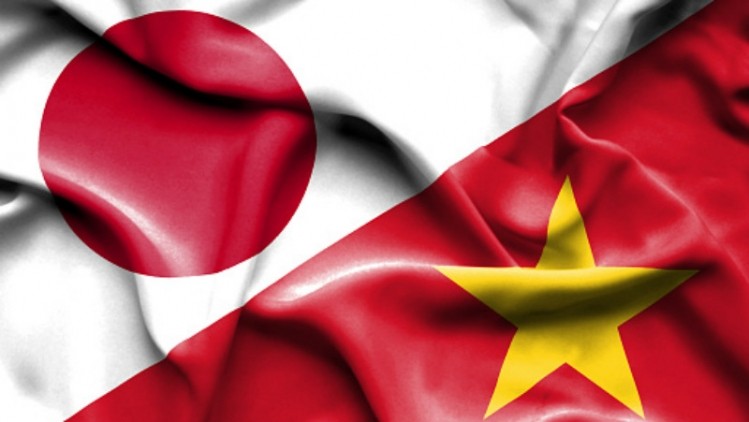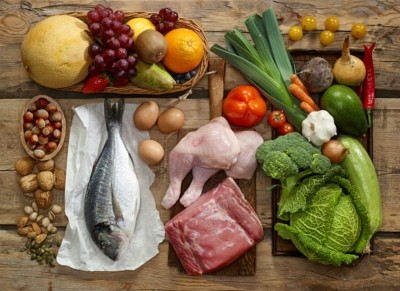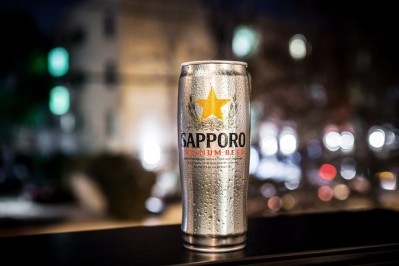International aid: Japan helps Vietnam to upgrade food safety measures with focus on facilities and equipment

The agreement was signed between the Japan International Cooperation Agency (JICA) Head Tetsuo Konaka and Vietnamese Deputy Minister of Agriculture and Rural Development Le Quoc Doanh in Vietnam earlier this month.
According to official communique from JICA, the financial aid will be provided in the form of a grant and will be directed to the Project for Enhancing Laboratory Capacities of the Reference Testing and Agrifood Quality Consultancy (RETAQ) Center for Ensuring Safety of Agricultural and Fisheries Foods.
“Under this project, [focus will be placed on] the equipment needed [by the RETAQ Centre] to build an inspection system to ensure food safety, as well as with facilities to effectively use that equipment [and] improve testing capacity,” said JICA.
Provisional project details reflect this, with the procurement of various equipment for testing (e.g. mass spectrometers, PCR machines, lab benches), ventilation and gas supply highlighted as priorities.
The grant will also go into engaging professional consulting services which will cover design, construction, facility management, maintenance, wastewater neutralisation and more.
According to Saigon Online, Doanh also identified Japan as Vietnam’s biggest aid donor country under the Organisation for Economic Co-operation and Development (OECD)’s Official Development Assistance (ODA) indicator of international aid flow.
“Japan is the biggest sponsor for Vietnam, providing around committed ODA grants of US$30.5bn,” he said.
Japan also assists Vietnam as part of the Japan-Mekong Connectivity Initiative which looks at infrastructure, connectivity, sustainable development and more in relation to industrial advancement, as per the Japan Ministry of Foreign Affairs.
Meeting global requirements
In addition to food safety in the country, it is also hoped that this grant will help Vietnam to further meet global food safety standards and requirements.
“[Two major outcomes] from this project are that it will ensure agrifood safety in Vietnam, and advance the implementation of the World Trade Organisation (WTO) Sanitary and Phytosanitary Measures (SPS) Agreement,” JICA added.
According to the WTO, the SPS agreement ‘sets out the basic rules for food safety and animal and plant health standards’. It has previously received criticisms of inefficacy for failure to consider the views of developing countries such as India and Vietnam.
The project is expected to take 37 months to reach completion and move into the implementation phase, which would lead up to around November 2022.






















